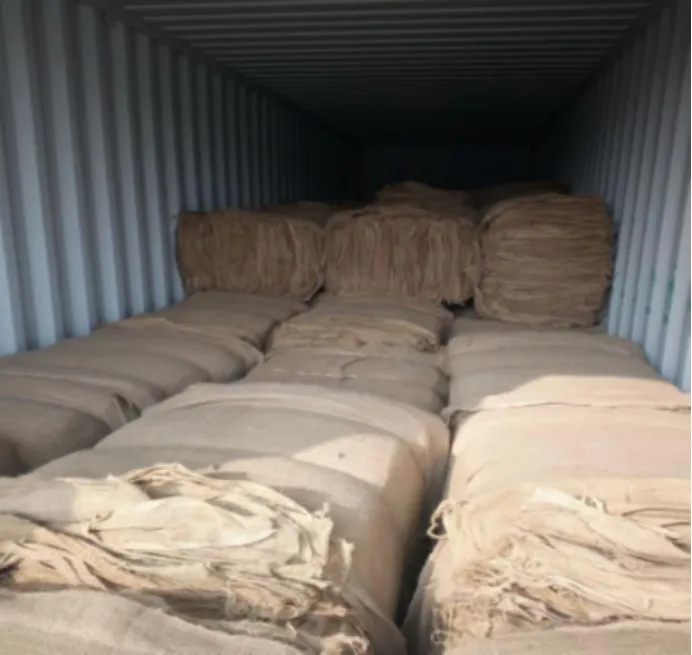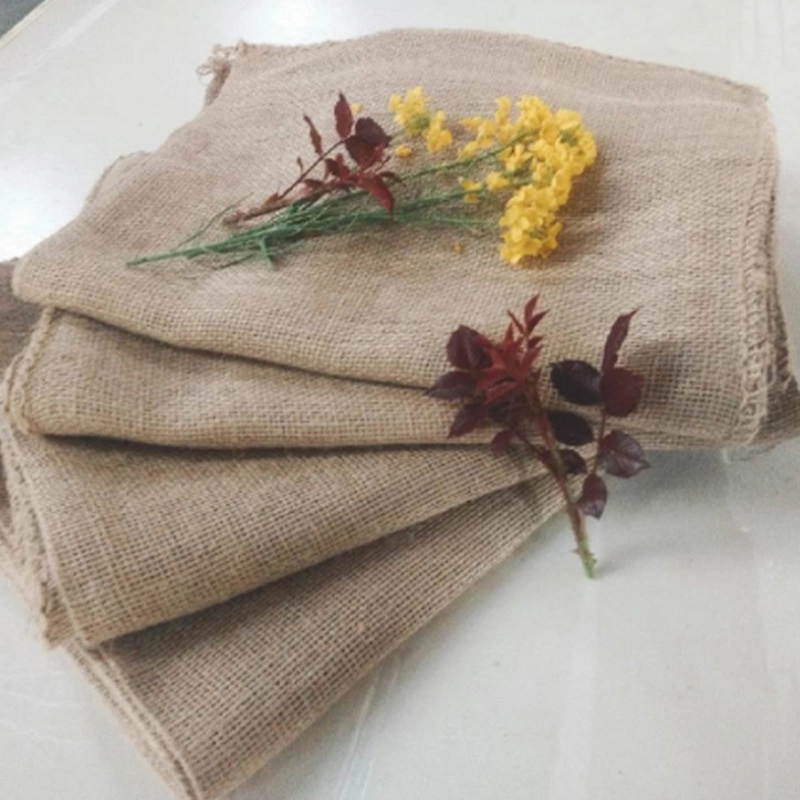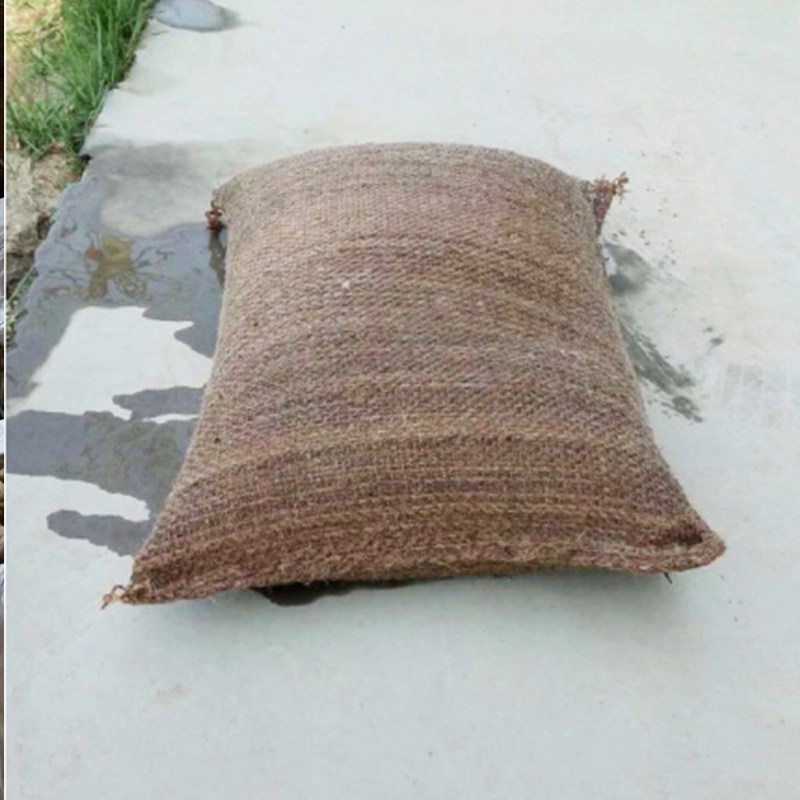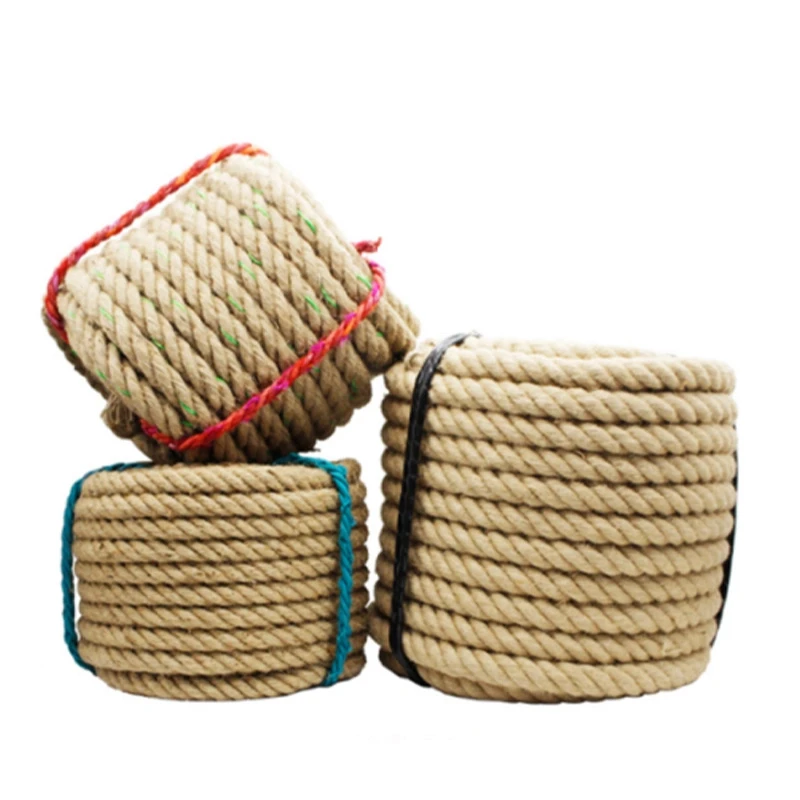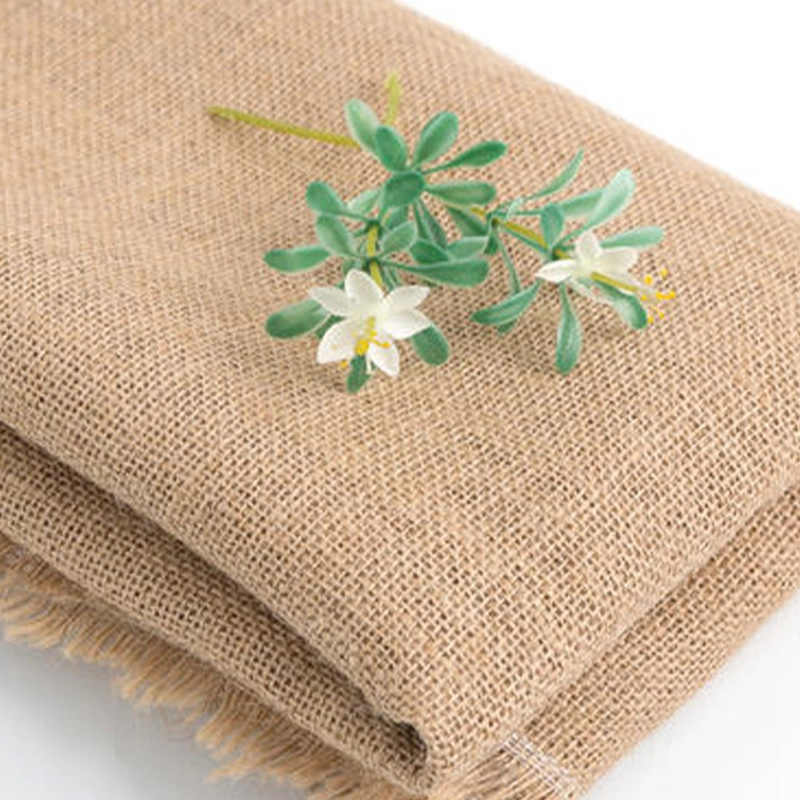Jute is a natural fiber popularly known as the golden fiber. It is one of the cheapest and the strongest of all natural fibers and considered as fiber of the future. Jute is second only to cotton in world's production of textile fibers. The jute fiber is also known as Pat, kosta, Nalita, Bimli or Mesta (kenaf).
Jute is not only a major textile fibre but also a raw material for non traditional and value added non-textile products. Jute is used extensively in the manufacture of different types of traditional packaging fabrics, manufacturing Hessian, saking, carpet backing, mats, bags, tarpaulins, ropes and twines. Recently jute fibers are used in a wide range of diversified products: decorative fabrics, chic-saris, salwar kamizes, soft luggage's, footwear, greeting cards, molded door panels and other innumerable useful consumer products. Supported by several technological developments today jute can be used to replace expensive fibers and scare forest materials.
Jute sacks/burlap bag/gunny bag
What is Jute?
Plastic bags have played a significant role in the pollution of the environment. While they are durable, they are not biodegradable which makes them almost impossible to safely dispose of. Researchers and scientists have tirelessly worked to find alternative fibres that can replace not only plastic but other synthetic fibres without as much damage to the environment.
Jute, also known as the “golden fibre’ – is a natural fibre that has provided a reprieve. It’s used to make a variety of items which include sacks, curtains, furniture accessories and rustic looking jute bags.
The fibre is made from plants with long, soft and shiny fibres spun into strong but coarse threads. This one-of-a-kind fibre which is second to cotton in terms of production provides an alternative to synthetic fibres and materials like plastic.
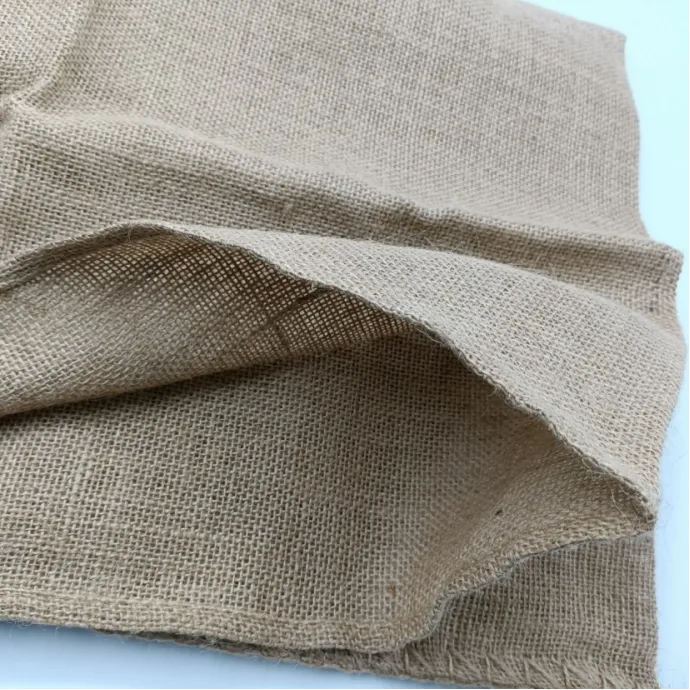
Jute Types
New burlap bag with one green strip: 75CM * 110CM Weight: approximately 1000g each
New burlap bag with one green strip: 74CM * 105CM Weight: Approximately 600g each
New burlap bag: 74CM * 105CM Weight: Approximately 850g each.
New burlap bag: 60CM * 100CM Weight: approximately 480g each
New burlap bag (thick burlap bag) : 60CM * 100CM Weight: approximately 600g each
New burlap bag (medium size) : 60CM * 90CM Weight: approximately 450g each
New burlap bag (thick burlap bag) : 60CM * 90CM Weight: approximately 580g each
New burlap bag (medium size): 50CM * 74CM Weight: Approximately 300g each
New burlap bag (small size): 40CM * 60CM Weight: approximately 200g each
90% new burlap bag (large size) : 74CM * 107CM Weight: approximately 850g each
Large patch burlap bag (large size) : 74CM * 107CM Weight: Approximately 850g each
Small patch burlap bag (large size) : 74CM * 107CM Weight: Approximately 850g each
Green strip old burlap bag (large size): 75CM * 110CM Weight: approximately 1000g each
burlap bag specifications from large to small.
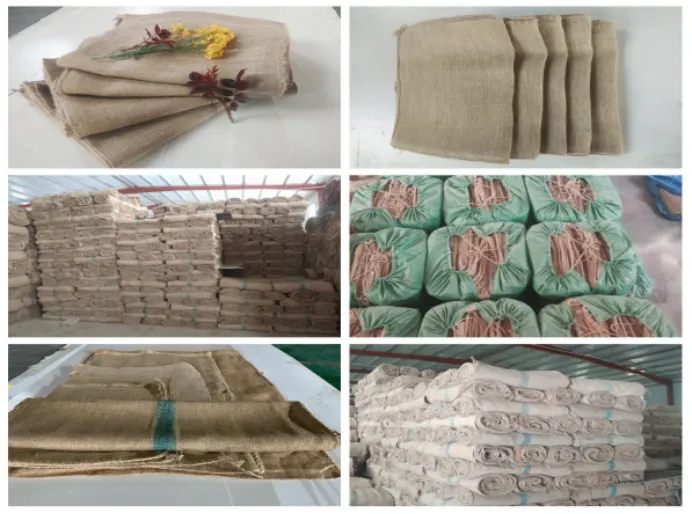
National standard burlap bag: 107 * 74cm.
Applicable range: commonly used to hold peanuts and beans, for flood prevention and control;
Small burlap bag :50 * 70cm.Applicable range: commonly used as flood prevention burlap bag, flood prevention burlap bag, and glass ball burlap bag;
Small burlap bag: 40 * 60cm.Scope of application: commonly used for hardware packaging such as screws and nuts;
Small burlap bag:30 * 50cm. Applicable range: commonly used for hardware packaging and soil filling;
Customizable size according to requirements.

